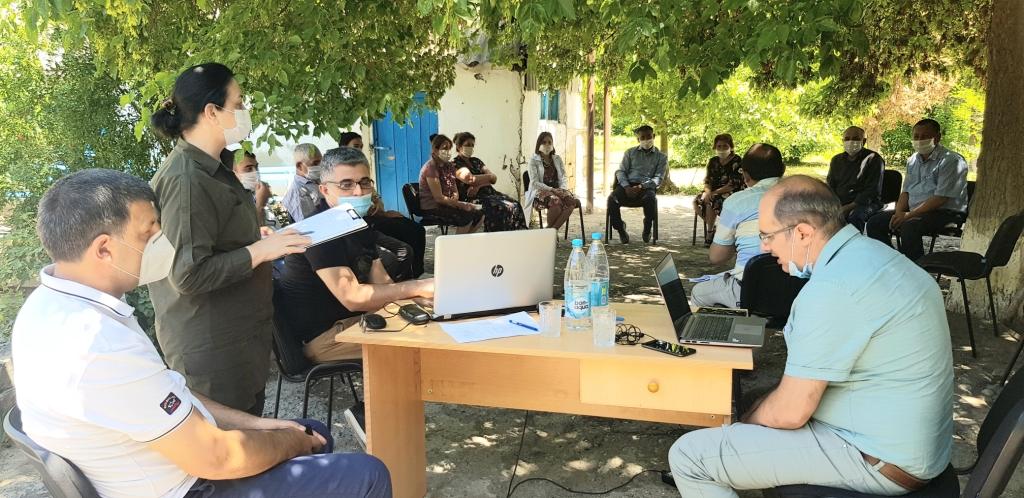
World Bank
Smart Villages Study
ARWA provided consultancy services to support survey carried out by the World Bank for the study on Smart Villages Program for Azerbaijan.
The World Bank has undertaken a study for a South Caucasus Smart Villages Program with the objective of identifying how governments in the South Caucasus (Azerbaijan, Georgia, and Armenia) can promote ‘smart villages’ as a way of stimulating local economic development, revitalizing rural infrastructure and services, and make rural areas fit for a future where growth is driven by knowledge, technology and innovation. Smart villages are clusters of villages with some existing or potential economic drivers, where the potential for development could be unlocked using knowledge, technology and innovation to revitalize services, infrastructure, and livelihoods. The key components are 1) smart infrastructure and services 2) smart businesses and livelihoods and 3) smart local governance.
The study in the first phase will develop a Roadmap for a Smart Villages Program for Azerbaijan. It will define the concept of Smart Villages, identify its key components, and examine its relevance for rural and local development in the region. The study will review Smart Villages Programs across the globe and the lessons learnt from them. It will analyze potential smart village networks in Azerbaijan. It will identify the role that different stakeholders, such as national and local policy makers, communities, academia, and the private sector, can play in successfully implementing smart villages programs. It will also look at how technology and innovation diffusion can take place in these smart villages on an ongoing basis and the potential impact of smart villages on improving services, stimulating employment, providing new opportunities for local businesses and investment.
ARWA supported the work of the qualitative research team in the field. The main support was compilation of data at the rayon and municipal level for the profiling of the cluster including population characteristics, economic activities, status of infrastructure and services, human capital including skill levels and use of digital technology. Data below region level is not available with the State Statistical Committee. For this ARWA worked with the geo-spatial and economic analysis team to fill in any missing data from the rayon and municipal level.
We did necessary arrangements from the focus group discussions (FGDs) and key informant interviews (KIIs). This included arrangements for travel and stay for the team. Identification of key groups for FGDs including farmers, local business representatives, women and youth and other vulnerable groups and mobilization of representatives of these groups for FGDs. Identification of key stakeholders for KII including heads of Rayon ExCom, key rayon level officials, heads of municipalities and members of the municipal council, representatives of utility companies and other service providers and key business and community leaders. Supported to organize 5 FGDs in Guba, Khachmas, Gusar, Shamkir and Tovuz rayons also 19 KIIs including moderation and interpretation during these discussions and meetings. Helped in recording and translating interviews and FGDs.